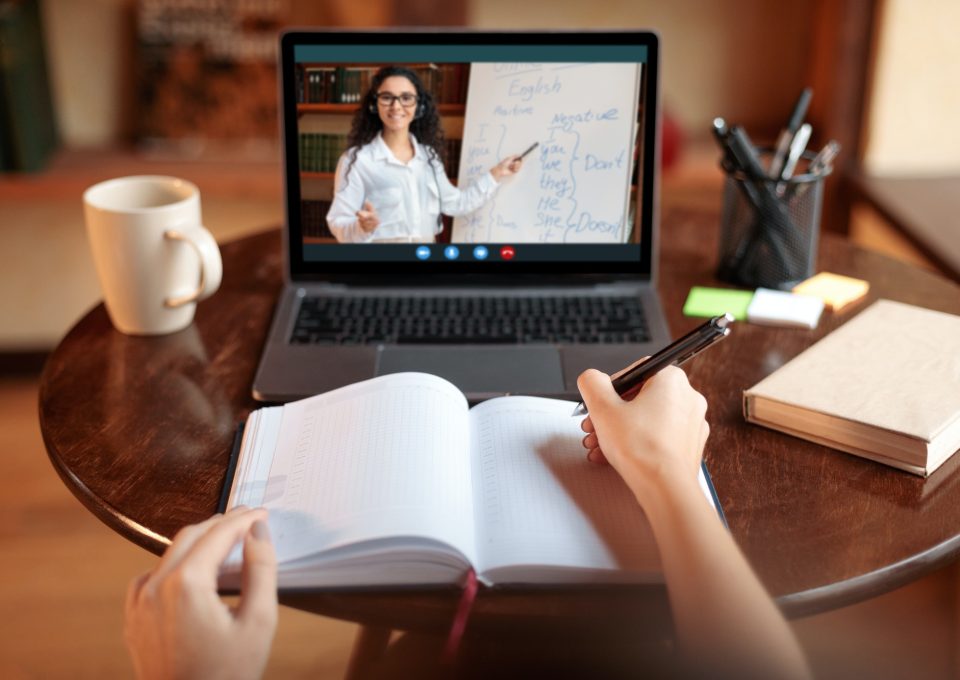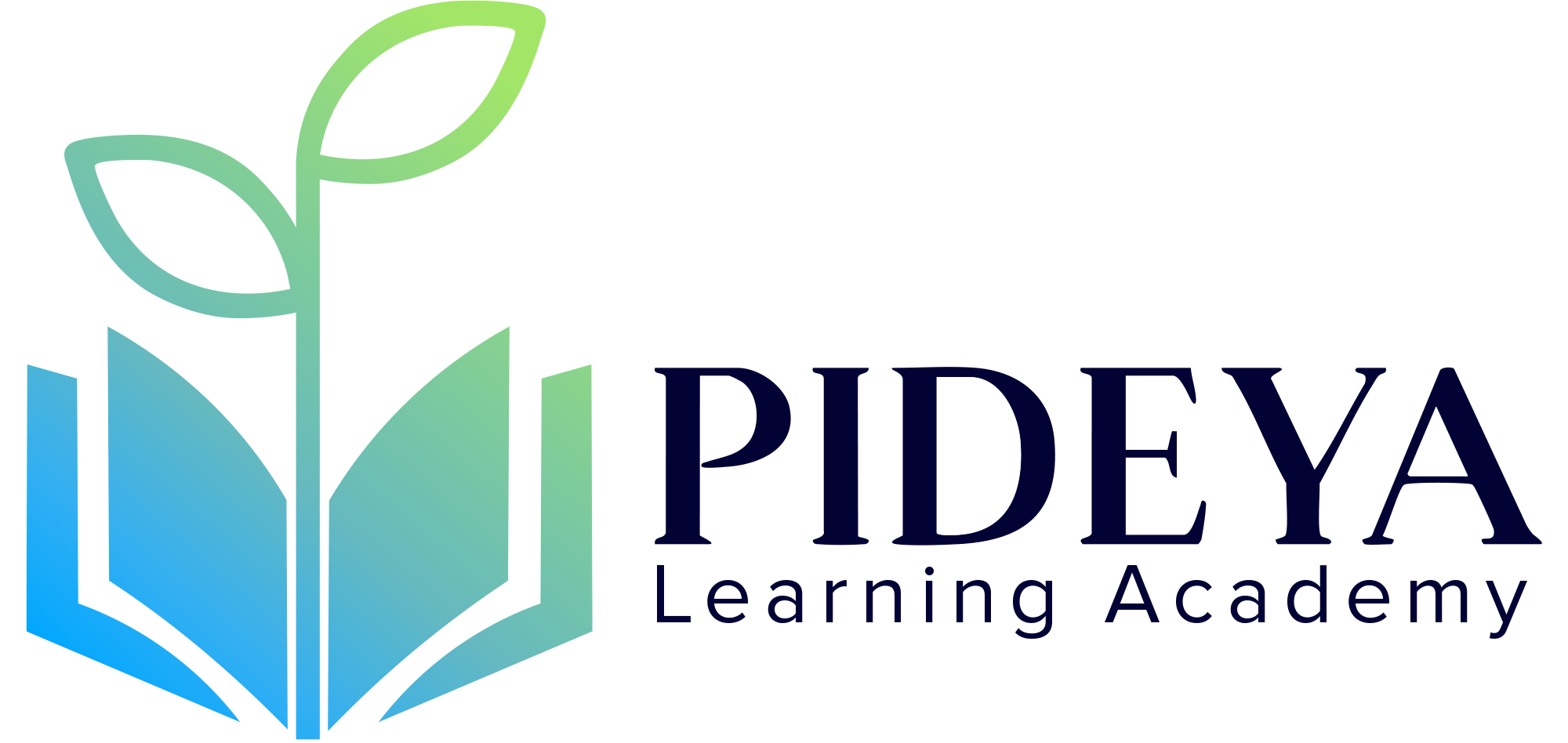Sustainable Wastewater Treatment Techniques
- Home
- Sustainable Wastewater Treatment Techniques
About This Course
The Sustainable Wastewater Treatment Techniques training by Pideya Learning Academy provides a comprehensive understanding of wastewater management, focusing on sustainable treatment techniques that help organizations reduce their environmental footprint. With rising global concerns about water scarcity and pollution, the ability to implement effective wastewater treatment strategies has become crucial for businesses aiming to align with environmental regulations and sustainability goals.
According to the United Nations, approximately 80% of global wastewater is discharged back into the environment untreated, significantly contributing to water pollution. In industrialized regions, while wastewater treatment infrastructure is more advanced, over 30% of water resources remain at risk due to inadequate processing and disposal methods. Meanwhile, developing economies face even greater challenges, with nearly 70% of industrial wastewater left untreated, leading to severe ecological and public health concerns. These alarming figures underscore the importance of adopting sustainable wastewater treatment techniques to safeguard water resources, maintain regulatory compliance, and enhance corporate sustainability efforts.
This training course by Pideya Learning Academy equips professionals with the knowledge and methodologies to tackle wastewater challenges efficiently. Participants will explore the fundamental principles of wastewater treatment, including pollutant identification, chemical and biological treatment methods, and regulatory frameworks governing industrial discharge. Through interactive discussions and scenario-based learning, attendees will understand the significance of proper wastewater management and how to integrate environmentally responsible practices into their operational strategies.
Key highlights of this course include:
- Identifying Wastewater Pollutants: Participants will learn to assess different types of wastewater contaminants and their impact on ecosystems and regulatory compliance.
- Innovative Treatment Methods: The course covers chemical, physical, and biological treatment techniques, emphasizing cost-effective and environmentally friendly solutions.
- Regulatory Frameworks and Compliance: Attendees will gain insights into national and international wastewater regulations, ensuring organizations adhere to legal requirements while minimizing environmental impact.
- Optimizing Wastewater Recycling and Reuse: Explore strategies to repurpose treated wastewater for industrial processes, reducing freshwater consumption and operational costs.
- Water Quality Monitoring and Control: Learn essential monitoring techniques to maintain wastewater treatment efficiency and ensure sustainable operational practices.
- Environmental Risk Assessment: Understand how to evaluate and mitigate the environmental risks associated with improper wastewater disposal.
- Strategic Wastewater Management Planning: Develop actionable strategies to optimize wastewater treatment operations and align them with long-term sustainability goals.
- With increasing regulatory scrutiny and the need for sustainable business operations, this course provides the necessary expertise to improve wastewater treatment efficiency and corporate environmental responsibility. By the end of the Sustainable Wastewater Treatment Techniques training, participants will be well-equipped to implement robust wastewater management strategies, contribute to their organization’s sustainability objectives, and ensure compliance with evolving environmental regulations.
- Join Pideya Learning Academy and take a proactive step towards sustainable wastewater management, ensuring a cleaner and more sustainable future for your organization and the environment.
Course Objectives
By the end of this Pideya Learning Academy course, participants will be able to:
Understand the implications of resource management and environmental impact associated with solid waste.
Analyze the components of solid waste management infrastructure to minimize adverse effects.
Apply concepts of recycling, reuse, and reclamation of solid waste effectively.
Examine the relationship between waste management practices and their impact on water, soil, and sediment quality.
Evaluate current waste management practices and explore innovative solutions.
Implement systems for integrating solid waste management options with environmental legislation.
Assess environmental guidelines to develop legal and safe waste disposal solutions.
Training Methodology
At Pideya Learning Academy, our training methodology is designed to create an engaging and impactful learning experience that empowers participants with the knowledge and confidence to excel in their professional roles. Our approach combines dynamic instructional techniques with interactive learning strategies to maximize knowledge retention and application.
Key elements of the training methodology include:
Engaging Multimedia Presentations: Visually rich presentations with audio-visual elements to simplify complex concepts and ensure clarity.
Interactive Group Discussions: Participants engage in thought-provoking discussions, sharing insights and perspectives to enhance understanding and collaboration.
Scenario-Based Learning: Real-world scenarios are introduced to contextualize theoretical knowledge, enabling participants to relate it to their work environment.
Collaborative Activities: Team-based exercises encourage problem-solving, critical thinking, and the exchange of innovative ideas.
Expert Facilitation: Experienced trainers provide in-depth explanations, guiding participants through intricate topics with clarity and precision.
Reflective Learning: Participants are encouraged to reflect on key takeaways and explore ways to incorporate newly acquired knowledge into their professional practices.
Structured Learning Pathway: The course follows a “Discover-Reflect-Implement” structure, ensuring a systematic progression through topics while reinforcing key concepts at every stage.
This dynamic methodology fosters a stimulating environment that keeps participants engaged, encourages active participation, and ensures that the concepts are firmly understood and can be effectively utilized in their professional endeavors. With a focus on fostering a deeper connection between learning and application, Pideya Learning Academy empowers participants to unlock their potential and drive impactful outcomes in their roles.
Course Outline
Evolution of International Waste Management Policies
Advanced Sustainable Waste Management Practices
Identification and Mitigation of Environmental Risks
Pollution Control Techniques in Waste Management
Lifecycle Assessment of Waste Streams
Industrial Waste Prevention Methodologies
Assessing the Economic Impacts of Waste
Organizational Behavior and Cultural Dynamics in Waste Management
Techniques for Industrial Solid Waste Auditing
Minimization Strategies for Industrial Waste
Advanced Landfill Management Principles
Functions and Optimization of Material Recovery Facilities (MRFs)
Advanced Operations of Transfer Stations
Composting Techniques in Waste Management Science
Open Windrow Composting: Best Practices
Innovations in ‘In-Vessel Composting’ (IVC)
Effective Management of Food Waste in Recycling
Anaerobic Digestion (AD) for Food Waste Management
Food Waste Management: Industry Standards and Innovations
Energy Recovery Through Waste Incineration
Technological Advances in Energy-from-Waste (EfW) Systems
Application of EfW Techniques to Municipal Waste
Hazard Identification and Risk Mitigation in Landfills
Comparative Analysis of Sustainable Landfill Practices Across Regions
Advanced Engineering Solutions for Landfills
Techniques for Long-Term Waste Storage
Emerging Technologies in Waste Management Systems
Strategic Roadmap for the Future of Waste Management
Smart Waste Management Systems
Role of IoT and AI in Modern Waste Management
Data Analytics for Waste Reduction and Optimization
Blockchain for Traceability in Waste Disposal
Regulatory Frameworks for Waste Management
Compliance Auditing in Waste Operations
Legal Implications of Non-Compliance
Strategies for Aligning Waste Practices with Global Standards
Strategies for Promoting Public Awareness
Building Collaborative Community Waste Management Programs
Behavioral Economics in Waste Reduction
Education and Advocacy for Sustainable Practices
Classification and Handling of Hazardous Wastes
Transportation and Storage Protocols for Hazardous Materials
Risk Assessment and Emergency Preparedness for Hazardous Waste
Innovations in Hazardous Waste Disposal
Advanced Techniques in Pyrolysis and Gasification
Energy Recovery from Organic Waste Streams
Emerging Trends in Renewable Energy from Waste
Integration of Circular Economy Principles with Energy Systems

- 10 Modules
- Classroom Courses, Live Online Courses, In-House Courses
Have Any Question?
We’re here to help! Reach out to us for any inquiries about our courses, training programs, or enrollment details. Our team is ready to assist you every step of the way.
- +971 52 705 1242
- [email protected]
